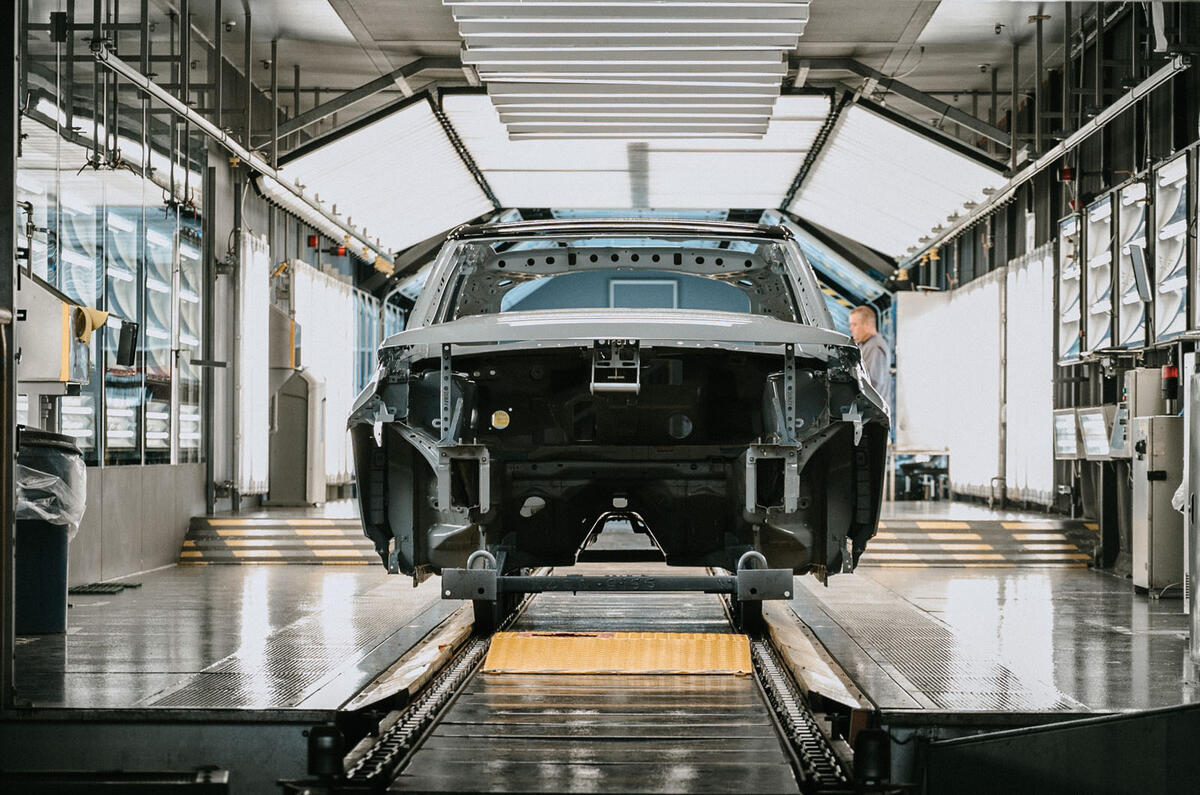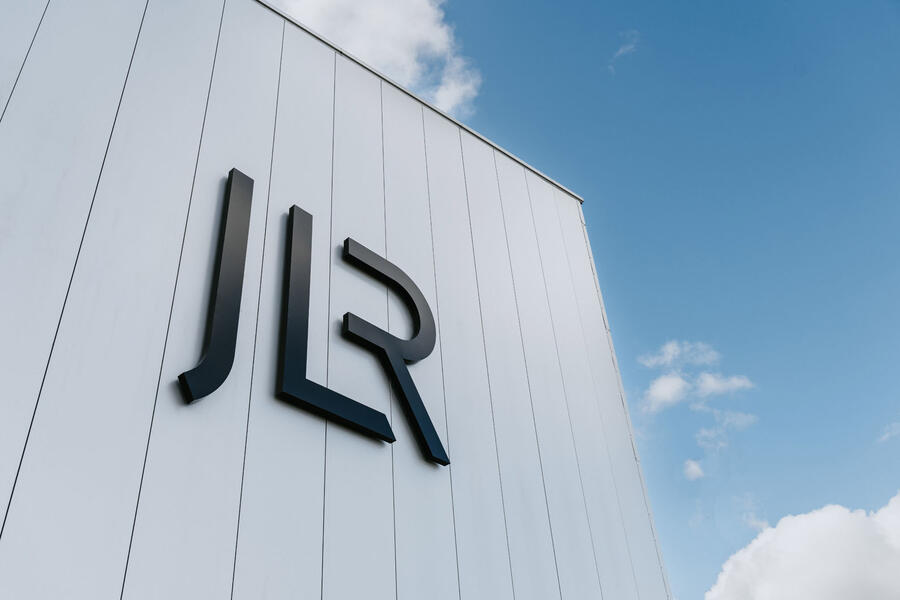JLR car production will not restart until 24 September at the earliest, the company has confirmed.
The Jaguar and Land Rover maker was targeted by hackers on 1 September and is still in the process of rebuilding its computer systems. The group that hit Marks & Spencer earlier this year has claimed responsibility.
This has led to production shutdowns at all of JLR's global plants, has created issues with parts ordering and has stifled retailers.
The effect could be costing JLR up to £5 million a day, business economics professor David Bailey told Autocar last week.
Wednesday's news is the first time since the attack that any timescale for a fix has been announced.
A statement read: “Today (Tuesday 16th September) we have informed colleagues, suppliers and partners that we have extended the current pause in our production until Wednesday 24 September.
“We have taken this decision as our forensic investigation of the cyber incident continues, and as we consider the different stages of the controlled restart of our global operations, which will take time.
“We are very sorry for the continued disruption this incident is causing and we will continue to update as the investigation progresses.”
Since the cyber attack, the majority of JLR’s employees have been off work.
It's understood that JLR bosses will meet with ministers today to discuss support measures for its plant workers – which is expected to involve a furlough scheme, similar to that used during the Covid pandemic. This would involve the government subsidising workers' pay while unable to work.
It is thought suppliers will be supported too, as worries are now growing that some could go bankrupt.
Reports over the weekend claimed that some of the firm's suppliers could go bust as a result of the shutdowns.
Former Aston Martin CEO Andy Palmer told the BBC: “I would not be at all surprised to see bankruptcies.”
Palmer added that many suppliers will soon begin to slim their staff count as a result of the shutdown, saying: “You hold back in the first week or so of a shutdown; you bear those losses. But then you go into the second week, more information becomes available – then you cut hard. So layoffs are either already happening or are being planned."










Join the debate
Add your comment
If a bunch of keyboard warriors can ring a global company to a standstill, and it seems for as long as they like,then, isn't this something governments should be actively helping because this could effect the global economy and make our lives a bit harder.
Many moons ago, I worked in IT for a merchant bank. Part of my job was contingency planning, the question being how soon can we have our systems up and running after a disaster? That disaster also included loosing our hardware, not just our software and/or comms.
It still amazes me how little money business invests in disaster recovery. If we were able to have at least a functioning system up and running within 24hr all those years ago, it's beyond comprehension why businesses today are being held to ransom for such a length of time. There's no doubt banks today will be under constant attack. How many times have you heard of a bank being brought to ransom?
Is it because their accountants can't see any return on contingency planning, or are they simply taking the gamble that it won't happen to them?
Maybe Tata could pay for a supplier furlough scheme? After all, they're going to need those suppliers when things start up again, and Tata are considerably more flush than the British taxpayer.